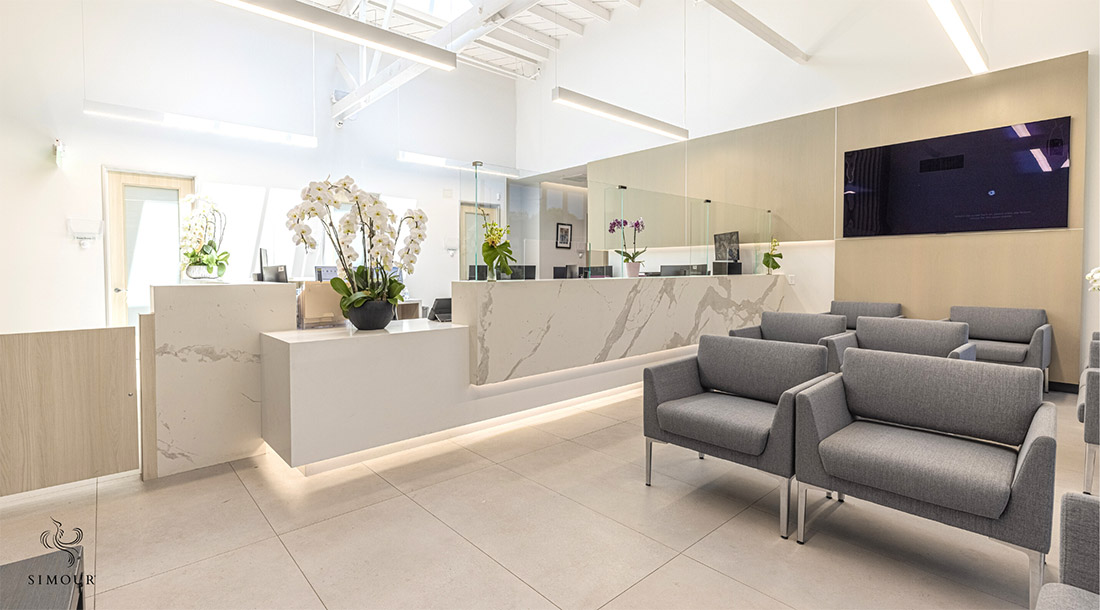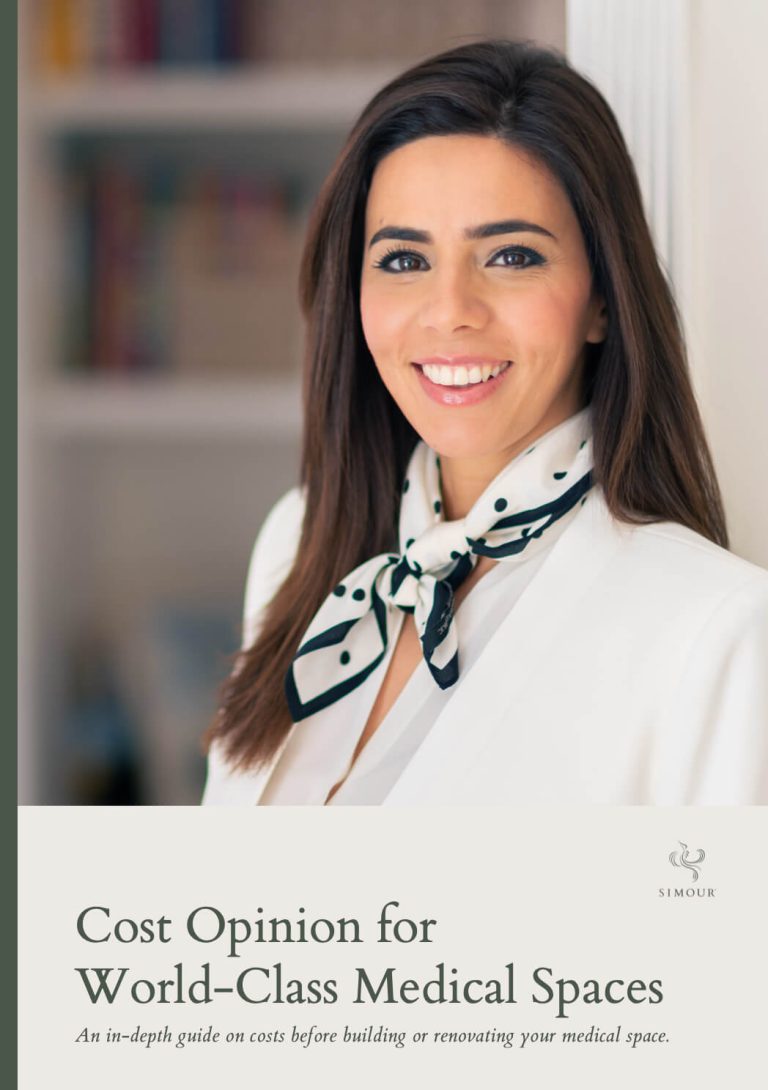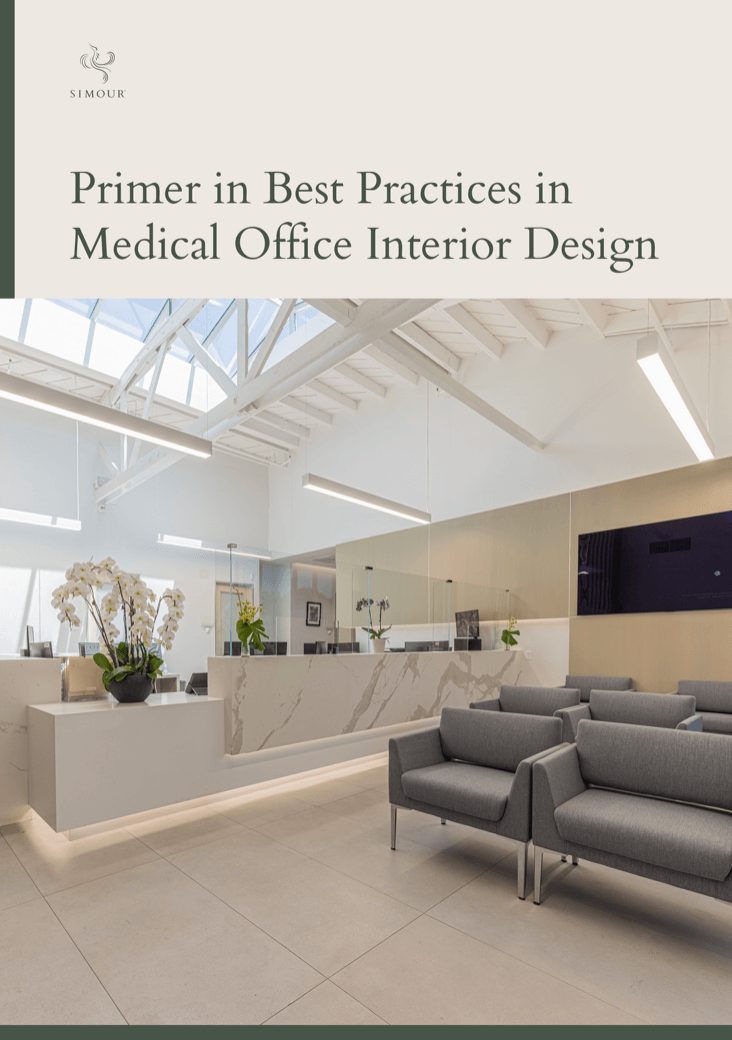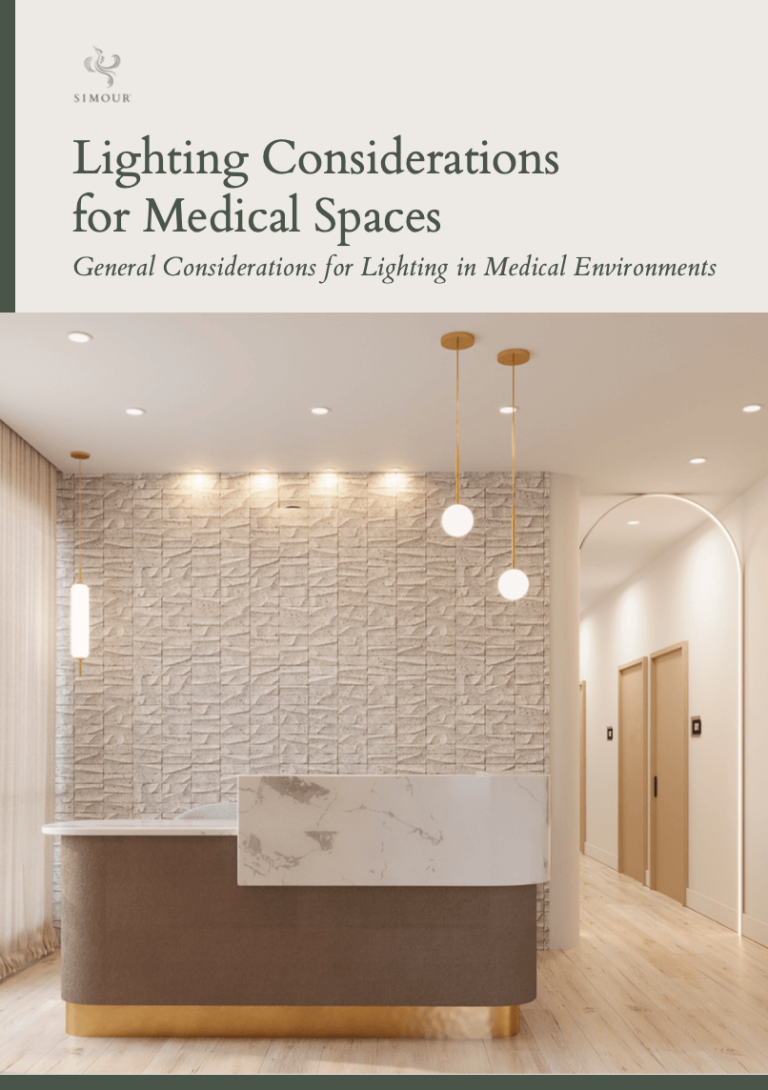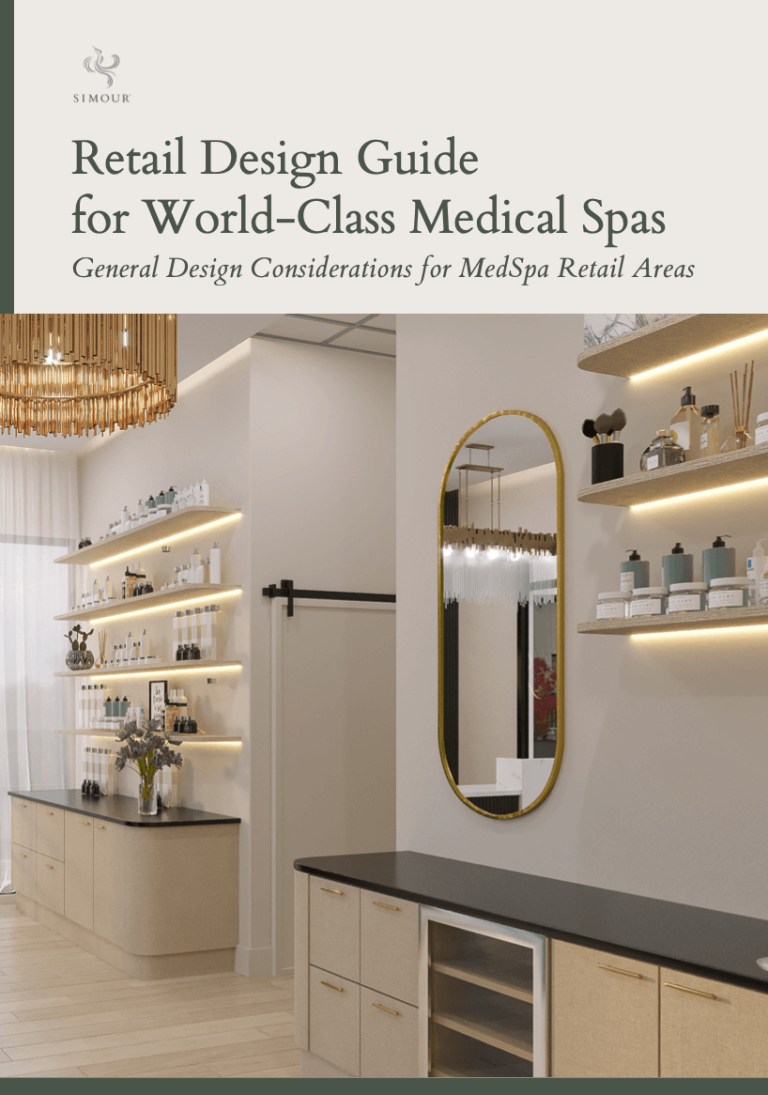Incorporating Sustainable Design Practices in Medical Spaces
“Sustainability is here to stay, or we may not be.” – Niall FitzGerald
As healthcare organizations work to reduce their carbon footprint and become more environmentally conscious, it’s becoming clear that sustainability is an important consideration for medical spaces from here on. It’s not just enough to recycle anymore with sustainability demanding more meaningful interventions that can reduce energy consumption and waste. Medical practices stand to gain so much benefit for their patients and staff when they integrate sustainable practices into the design and operation of their offices. The combined power of these strategies can result in a significant impact on the environment while elevating the comfort and health of both your patients and your team. How can we make our medical interiors more environmentally conscious? Let’s read more below.
1. Energy Efficiency
Implementing strategies to reduce your practice’s energy consumption is an effective way to instantly see tangible results through savings in utilities and even improved interior quality. First off, in case you still haven’t, make the LED switch asap. The industry has pretty much caught up and the technology has pretty much wiped out the old incandescent options. These LED lamps require far less energy and produce less heat to light up. They come in a wide array of color temperature and their small diodes pretty much require less space to install. Passively, designing for energy efficiency wants you to optimize your space to reduce its reliance on using energy to inhabit. Try to optimize your windows so you can let the natural lighting as much as possible. It’s a biophilic design strategy that can improve the experience of your interiors, not to mention reduce the need to turn on the lights. Insulating your windows through double glazing and a Low-E coating can also reduce heat gain to prevent your air conditioning from working harder to keep your space cool.
2. Reduce, Reuse, Recycle, Repurpose
Along with the sustainability movement came the rise of a repurposed aesthetic that made use of materials that are salvaged, refinished, or even reimagined from unusual materials. The use of reclaimed wood for one thing allowed so much of these sturdy materials to be saved from landfills and beautifully occupy walls or even turned into new furniture. It’s a great way to keep the stock from going to waste and requiring the need to cut new wood unnecessarily. This appreciation for materials also led to the resurgence of industrial chic and even Scandinavian style where the materials are crafted to expose them as is. They lend a familiar and honest vibe to any interior design that seeks to connect with its clients to build trust.
3. Design For the Long Term
To design for the long term is to design not for trends but for timelessness. Sustainability is asking all of us to make mindful choices that are good not just for the now but for what’s next. It makes us think of lifespan with spaces, our relationship with them, and how they can be made more relevant to our ever-changing lives. When we design for the long haul, we design for durability something that we can live with for the foreseeable future and something that can reinvent without needing to renovate the entire thing in a couple of years because it has become too dated. Designing for value also means designing with intentionality with values that are more essential than trends.
Sustainability is not just a buzzword anymore, in a world where climate change has become more reality than theory with devastating results, being responsible for our actions no matter how seemingly small is a responsibility we should all take part of. SIMOUR Design works with all our clients to create better Medical spaces that are conscious of their environmental impact on their journey to Medical spaces that truly heals. Book a complimentary design consultation with us now so we can show you how.
